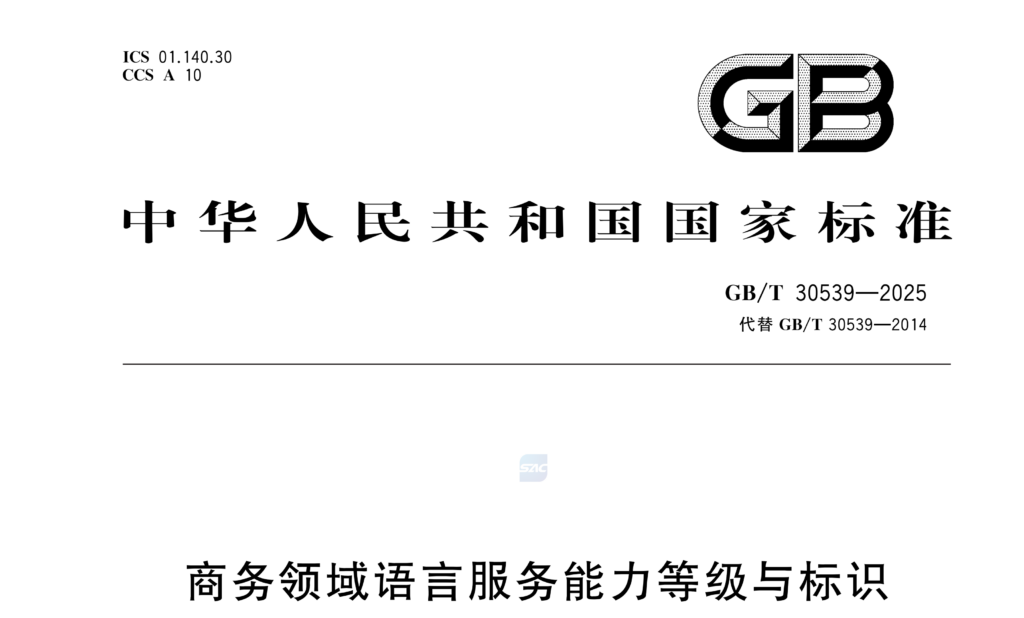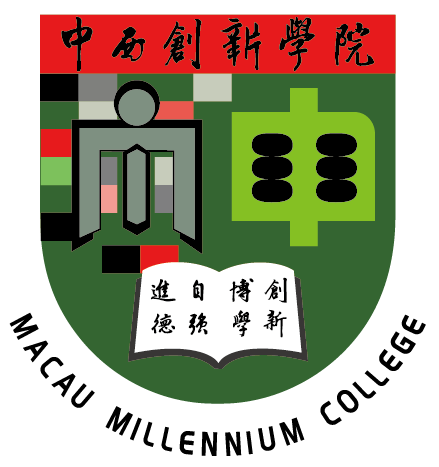National Standard on ‘Language Service Capability Level and Identification in Business Field’ Drafted by Professor Wang Lifei of Macau Millennium College Approved for Release
China’s first national standard focusing on language services in the business field, GB/T 30539-2025 Language service capability level and identification in business field (hereinafter referred to as “the Standard”), was officially released recently and will come into full effect on 1 February 2026. Professor Wang Lifei of Macau Millennium College (“MMC”/Beijing Language and Culture University (“BLCU”) served as a core expert of the drafting team and was deeply involved throughout the formulation of the Standard. Drawing on his years of research and practical experience in language service standardisation, cross-cultural business communication, and the cultivation of international talents, he provided critical academic support and professional advice for the design of the Standard’s framework, capability level criteria, and identification system.
This newly released Standard achieves three major breakthroughs. Firstly, it covers a full range of languages, including Chinese, English, Japanese, Korean, Arabic, Russian, French, Spanish, German, Portuguese, Thai, Vietnamese, and Indonesian, fully addressing the language needs of Belt and Road countries and key regions of global trade and economic cooperation. Secondly, for the first time, it includes an organisational language service capability evaluation system, filling the gap in national-level language service standards for institutions. Thirdly, it refines capability level criteria and constructs a more scientific language service capability evaluation framework.

At the individual level, the Standard classifies language service capabilities into three levels: advanced, intermediate, and basic. Each level sets criteria in such four dimensions as language proficiency (covering listening, speaking, reading, writing, translation, and interpretation), cross-cultural communication, business knowledge application, and technical proficiency (such as proficiency in machine translation and large language models).
Professor Wang Lifei pointed out that at the organisational level, the Standard also sets three levels for language service capabilities, namely, classic, growth, and basic, and provides clear criteria in such four dimensions as language service resources, technical competence, management capability, and quality level. Among them, classic-level organisations are required to have a global multilingual resource pool and expert team, advanced technical competence in areas such as machine translation and generative AI, and high service quality ratings from third parties; basic-level corporations must cover at least 6 core languages, such as Chinese, English, and French, and possess basic machine translation capabilities and translation teams to meet their standardised development needs at different scales and growth stages. In addition, the Standard also regulates the composition and usage of language service capability identifiers, which can accurately indicate the language service capability levels of individuals and organisations, providing authoritative reference for organisation recruitment, project collaboration, and international economic and trade exchanges.
Industry experts have pointed out that the formulation of the Standard highlights MMC’s academic strength and industry influence in promoting language service standardisation and the cultivation of international talents. In the future, MMC will continue to serve as a bridge, providing strong support for the development of the language service industry and the internationalisation process of Chinese enterprises.




